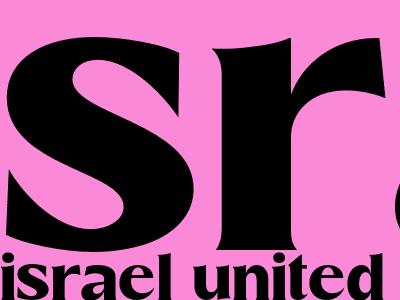
Israeli Independence and the United Nations Vote of 1947
The Road to Partition
In the aftermath of World War II, the British government announced its intention to withdraw from its mandate over Palestine. The United Nations (UN) was tasked with developing a plan for the region's future. A special committee was formed and traveled to Palestine to study the situation.
The committee's report recommended a plan for the partition of Palestine into two states, one Jewish and one Arab. The plan was put to a vote in the UN General Assembly on November 29, 1947. The vote was 33 to 13 in favor of partition, with 10 abstentions.
The Arab-Israeli War
The partition plan was rejected by the Arab states, who launched a war against the newly declared State of Israel. The war lasted for several months and resulted in the displacement of hundreds of thousands of Palestinians. Israel emerged from the war victorious, but the conflict between Israel and the Arab states continues to this day.
The Significance of the 1947 Vote
The UN vote of 1947 was a watershed moment in the history of the Israeli-Palestinian conflict. It marked the international community's recognition of the right of the Jewish people to a state of their own. It also set the stage for the creation of the State of Israel and the subsequent war with the Arab states.
Additional Information
- The UN partition plan called for the creation of a Jewish state, an Arab state, and an international zone around Jerusalem.
- The Arab states rejected the partition plan and launched a war against Israel in 1948.
- The war lasted for several months and resulted in the displacement of hundreds of thousands of Palestinians.
- Israel emerged from the war victorious, but the conflict between Israel and the Arab states continues to this day.
The UN vote of 1947 is a complex and controversial issue. There are many different perspectives on the vote and its consequences. It is important to remember that there is no one right answer and that the issue is still being debated today.